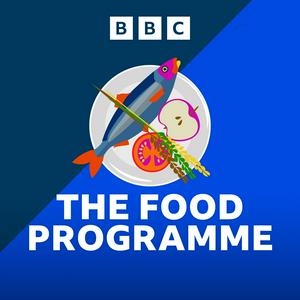In this edition Sheila Dillon explores the creativity of chefs, and asks how it’s being affected by the ongoing cost of living crisis. For Sheila, creativity in cooking is one of the pleasures we often take for granted when we go out to eat, and marvels at the alchemy chefs work with raw ingredients. But the hospitality industry is grappling with very difficult economic conditions - increased national insurance, business rates, energy bills, rent, cost of ingredients coupled with fewer customers with less money to spend, all mean that many restaurants are struggling to survive. According to the latest data from the Hospitality Market Monitor by NIQ, restaurant closures accelerated in the last three months of 2025 to nearly 19 businesses a week. What happens to that creativity when the industry is under so much pressure?
In the programme chefs talk to Sheila about what creativity looks like in their kitchens at the moment, as the cost crisis leads to more restrictions on how and what they cook. We also hear how chefs of the future are being trained to work creatively in this tough environment. We hear from: Sam Lomas, Head Chef at Briar in Somerset; Owen Morgan, co-founder and owner of Forty-Four group; Charlie Buchanan-Smith, co-founder of The Free Company near Edinburgh; Niall McKenna, owner of James St and Waterman House in Belfast; Frank Fiore, Catering Manager at Milton Keynes University Hospital; Chantal Symons, Lead Development Chef at LEON Restaurants; and chef-lecturers Steve Oram and Ian Sutton and students at Capital City College at Westminster.
Presented by Sheila Dillon and produced by Sophie Anton for BBC Audio in Bristol.


